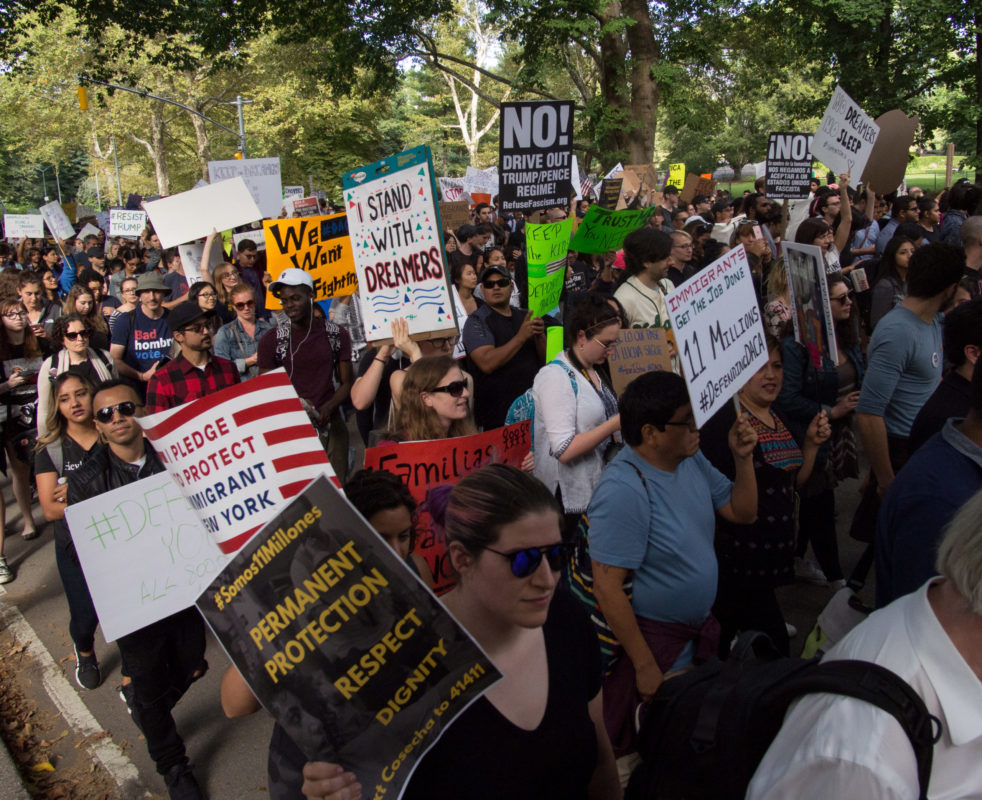On Tuesday, Nov. 12, three cases will make their way to the Supreme Court. One incredibly large and prominent investigation surrounds around Former President Barack Obama’s Deferred Action for Childhood Arrivals (DACA) program. Oral Arguments began on Tuesday, Nov. 12 about President Donald Trump and his administration’s actions about repealing the program, making it a landmark case.
The nine Supreme Court justices have the power to decide whether or not Obama’s action was illegal, if DACA is deemed constitutional, and if future presidents can reestablish DACA once President Trump is out of the office. According to the Immigrant Legal Resource Center, the decision will come sometime in spring of 2020 but no later than June 2020.
The Supreme Court justices arex split up fairly evenly when it comes to political beliefs. With Justice Sonia Sotomayor, Ruth Bader Ginsburg, Elena Kagan, and Stephen Breyer as liberals, and Samuel Alito, Neil Gorsuch, Clarence Thomas and Brett Kavanaugh as conservative, it leaves Chief Justice John Roberts to make the decision on whether or not the Supreme Court would make a ruling over the United States.
Three federal appeal courts decided to try to overturn President Trump’s decision. They said that when an administration comes to conclusion to nullify a major policy that the U.S. economy and people rely on, the administration should provide reasons for and against the policy. They believe that the administration should have made a decision considering all of the benefits as well as the detriments. With lower courts making the decision, the Trump administration decided to appeal to the Supreme Court.
DACA was created in 2012 as a temporary solution to protect young immigrants from being deported. DACA does not provide an official pathway towards citizenship for recipients but rather allows them to be lawfully present, preventing them from being deported. DACA allows them have work permits and driver’s licenses. A couple of the requirements to apply for DACA are: if the person was under the age of 31 as of June 15, 2012, entering the United States before their sixteenth birthday, and completing or already completed their high school degree, or honorably discharged from the Coast Guard or military.
The program expires every two years and is past due to be renewed. DACA is currently not accepting applications.
